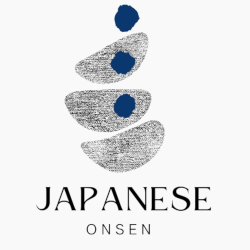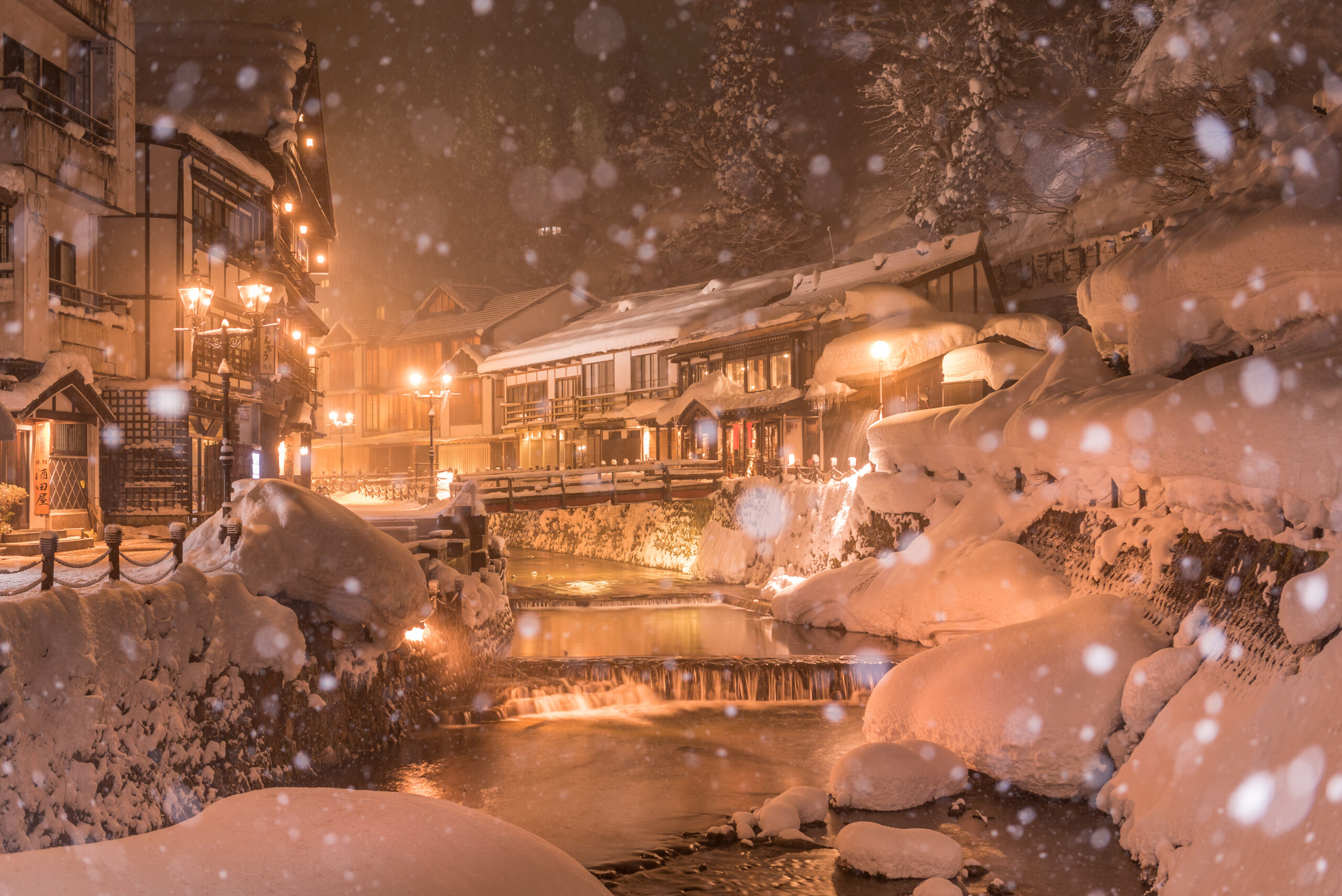Japan is a country rich in traditions, and despite its rapid modernization, it has managed to preserve many of its cherished customs. Among these enduring traditions are the ryokans, traditional Japanese inns that offer a rare insight into the country’s cultural past while providing an idyllic escape from the modern world.
A ryokan is a traditional Japanese inn that offers an authentic lodging experience, deeply rooted in cultural customs and hospitality. Unlike typical western-style hotels, ryokans offer the chance to engage with centuries old customs.
I have a real passion for ryokans and I always stay in ryokans when I travel around the country. Even Tokyo has ryokans, even though there are not that many left. In this article, I will dive deep into what ryokans are and what to expect from a traditional ryokan stay in Japan.
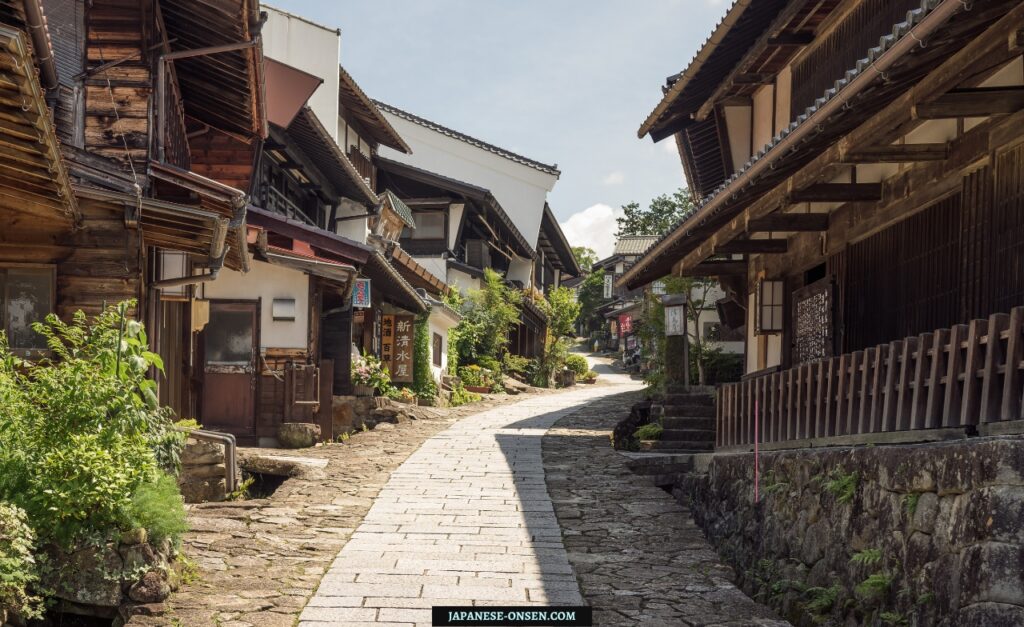
Brief history of a ryokan
Ryokans have a long and fascinating history in Japan, dating back over 1,000 years. Their origins can be traced to the Nara Period (710-794 AD), when free rest houses were established for government officials and traveling monks.
The concept of the ryokan as we know it today began to develop during the Edo Period (1603-1868), when a nationwide road system was established, and travel became more common among the people of Japan.
During Edo Period, Inns sprang up to accommodate not only the feudal lords but also merchants, samurai, and pilgrims traveling to sacred sites. A great example of this are the inns along the Nakasendo trail, which connects Tokyo with Kyoto.
These inns were the predecessors of modern ryokans and were pivotal in developing Japan’s hospitality culture.
As I mentioned, ryokans were not just any accommodation, but they were centers of hospitality that offered travelers a chance to rest, eat, and recover from the many miles of their journey. They were built near hot springs to provide a holistic healing experience that combined physical rest with spiritual recuperation.
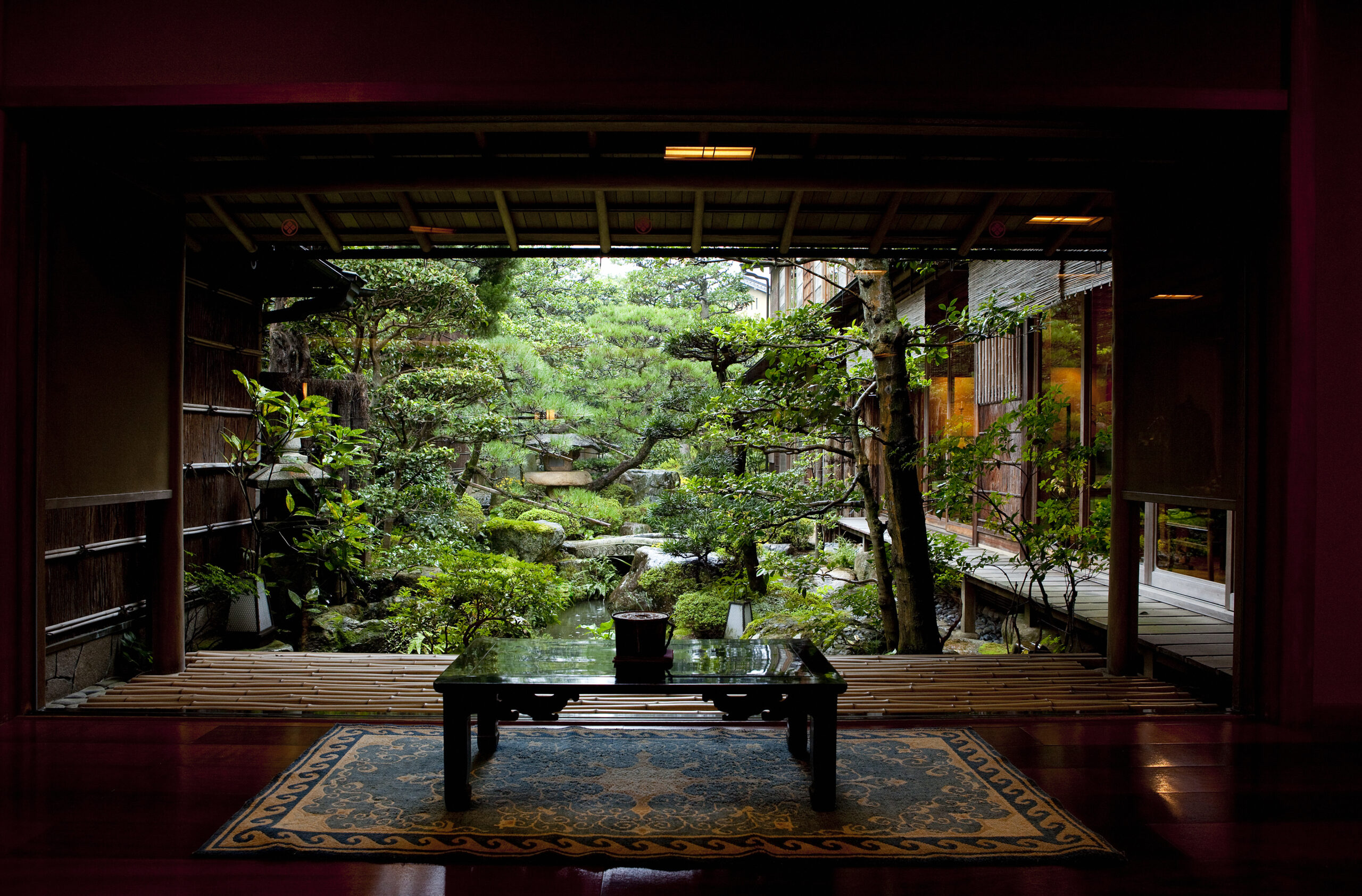
Ryokans today
Over the centuries, ryokans have evolved to be a true cultural experience. They are now celebrated for their commitment to omotenashi, the Japanese spirit of selfless hospitality.
At a ryokan, every detail is carefully considered, ensuring guests have all the necessary comforts for a relaxing time away. The room layout and the tatami, and even the seasonal ingredients used in the meals.
Today, ryokans continue to be a cherished part of Japanese culture. They appeal not only to tourists seeking an authentic Japanese experience but also to locals looking to reconnect with their heritage.
What to expect from a ryokan experience
From the moment you arrive at a Japanese ryokan until you leave, you can expect a journey through traditional Japanese culture and customs that both charms and educates. I will explain what a typical stay will look like.
Arrival and Welcome
Upon arrival, you are greeted at the entrance where you’ll remove your shoes, symbolizing leaving the outside world behind. You’ll wear slippers provided by the ryokan. When I stayed in luxury ryokans, our slippers had a name tag on them.
Check-in and Introduction
The staff, often dressed in kimonos, will introduce you to the facilities. This might include a small welcome tea and a sweet, setting the tone for your stay. I don’t think I ever stayed in a ryokan without the welcome service.
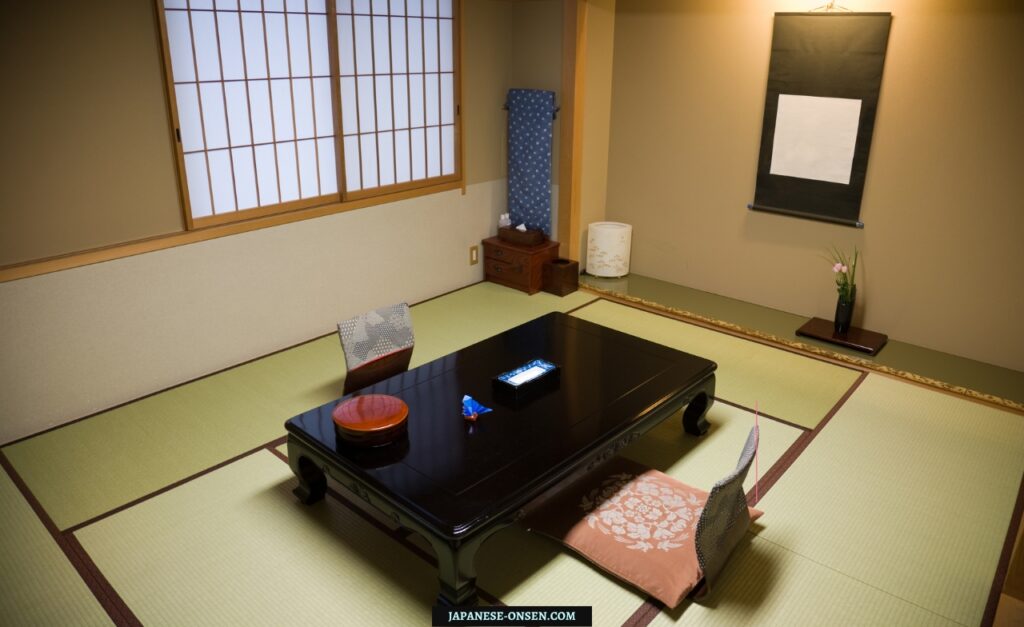
The room
You will be escorted to your room, traditionally decorated with tatami flooring, sliding fusuma doors, and minimalistic decor. The room serves as a living area by day and a sleeping area by night with futons laid out for you. The staff will explain how the onsen works and will tell you more about the ryokan. At this time, the staff will also ask for your dinner time preference.
Changing into Yukata
After settling in, you can change into a yukata, a light cotton kimono provided for your comfort, ideal for relaxing and visiting the communal baths. Chances are, you were asked about your height prior to your arrival so the staff can prepare the right yukata size for you. Yukatas are usually different colors for different genders.
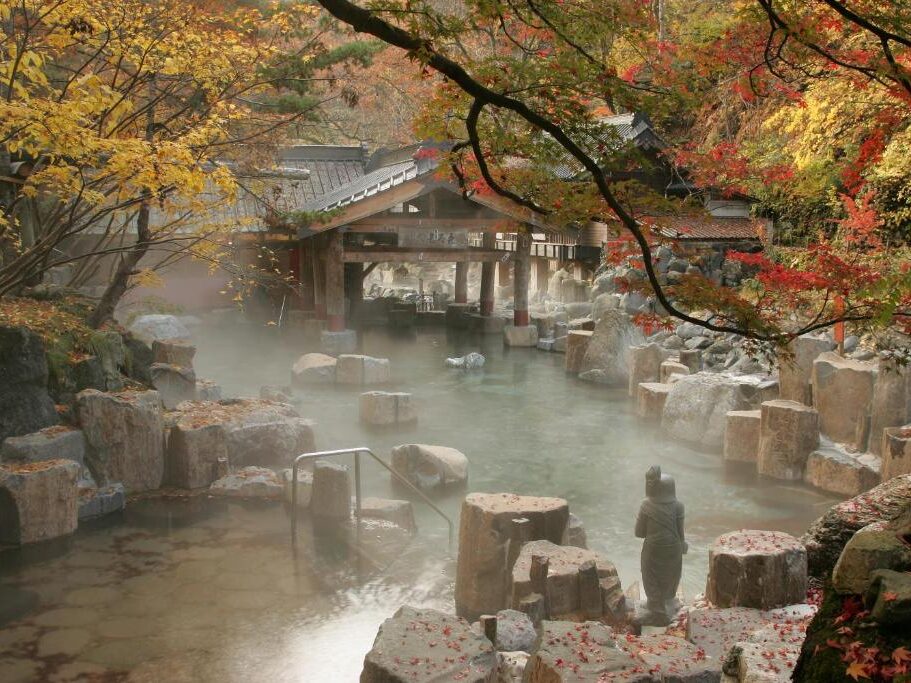
Onsen Experience
Most ryokans feature an onsen (hot spring bath), where you can relax and enjoy the therapeutic benefits of the mineral-rich waters. Bathing here is an integral part of the ryokan experience, adhering to specific bathing etiquette.
Kaiseki Dinner
In the evening, you’ll be treated to a kaiseki meal, a multi-course dinner that showcases seasonal and regional specialties, served in your room or a dining hall. Each dish is an art form, emphasizing taste, texture, and presentation. The staff will talk you through each meal to explain more about the ingredients and why they are special for the season.
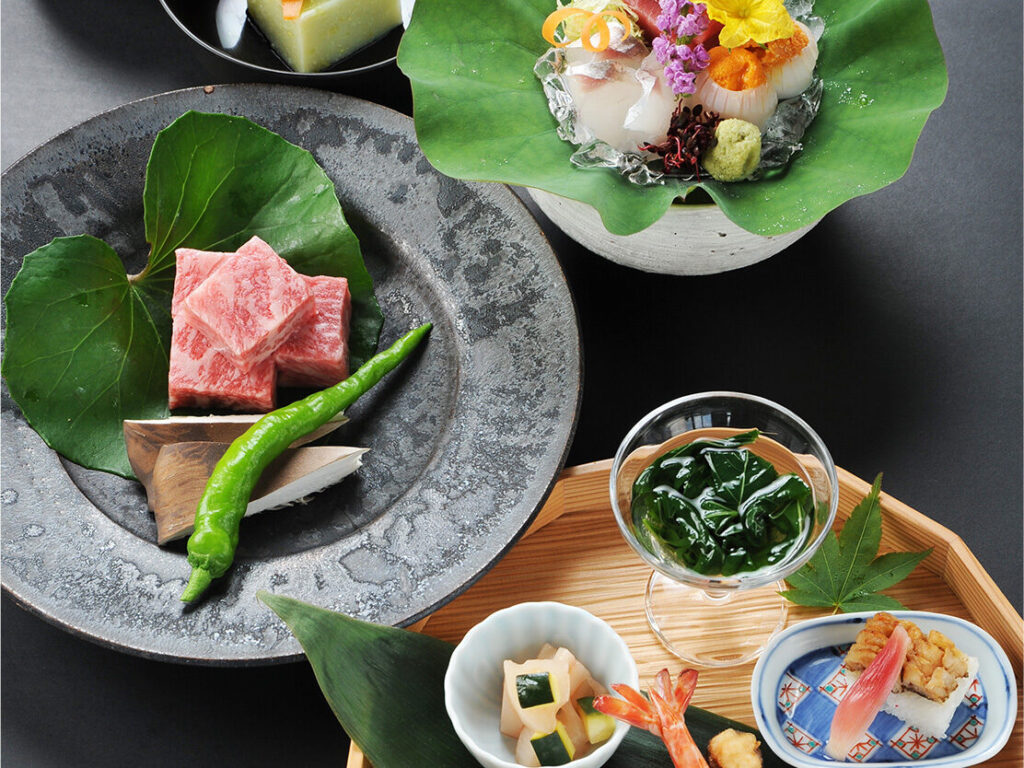
Evening Relaxation
Post-dinner, spend some time enjoying the peaceful ambiance of the ryokan. You might sip tea in your room, listen to nature if you’re in a scenic location, or socialize with other guests in communal areas. You might want to go to the onsen before bed again.
Bedtime
When you’re ready to sleep, you’ll find your futon spread out on the tatami floor, providing a unique and comfortable sleeping experience. In my experience, futons are a lot more comfortable than an actual bed. Ryokans usually use luxurious futons and very warm and fluffy duvets.

Morning and Breakfast
Wake up to a tranquil morning and head to a traditional Japanese breakfast, often as detailed and regionally curated as the dinner. A typical Japanese breakfast contains rice, okayu (Japanese rice porridge), fish, yuba (which is tofu skin), vegetables and tea. Some ryokans do offer coffee as well.
Check-out and Farewell
As you check out, the staff will see you off at the door, bowing deeply as you depart, a gesture of respect and a wish for your safe journey.
Final thoughts
You now know what a ryokan is and why it’s so special in Japan. To make the most out of a ryokan you should take advantage of everything offered to you, including wearing the yukata, enjoying an onsen and really taking a moment to appreciate the history and culture. As you can see, ryokans are not just hotels, they are meant to offer you a full on Japanese experience.
This immersive experience is not just about luxury or relaxation but connecting with the culture, traditions, and the very essence of Japan.
